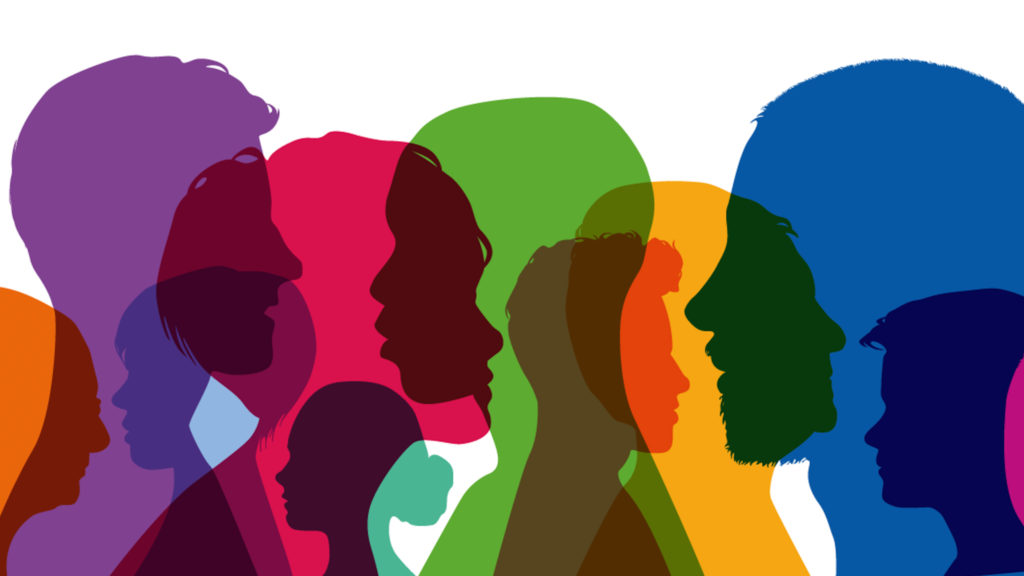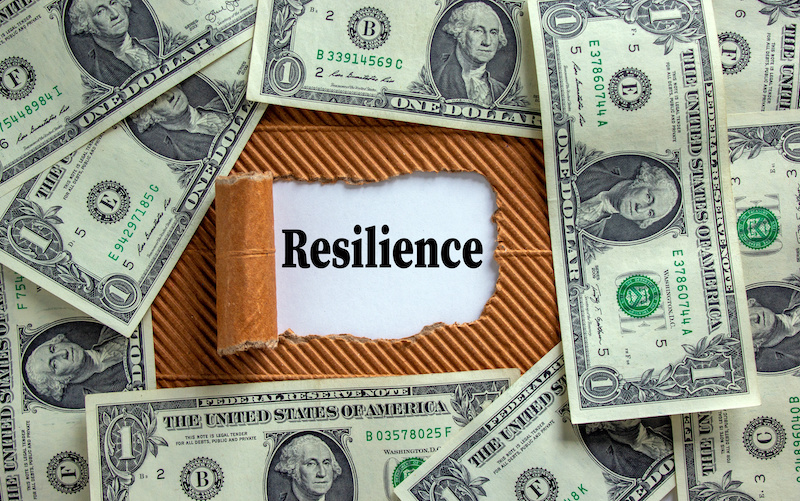Our Better Angels: Confronting the Bias Within
Jennifer Stearns ButtrickSeptember 16, 2019

Illustration (Adobe)
As I think of the events that have unfolded on Key Biscayne over the last several weeks, coincidentally around the anniversary of 9/11, I am reminded of a conversation I had with my mother on Sept. 16, 2001.
I was in an airport in Switzerland, as my husband and I waited to board our flight back home. We had been stuck in Europe as a result of the attacks, and I desperately wanted to be back home, but feared getting on that airplane. I told my mother I was counting the men who appeared to be of Arab descent in the waiting area for our flight.
Her immediate response was, “Make sure you count Matt.” Matt, my husband is half Pakistani. If someone else in that waiting area was doing what I was doing, my husband would be singled out as a potential threat.
At that moment, I realized it’s not always easy to be our best selves, particularly when we are worried about our personal safety and security. However, our character is judged by how we act in the most difficult and challenging times, often when our personal security is at risk.
So, what has happened on Key Biscayne?
A few cars have been stolen in the last few weeks. Perpetrators have been caught on video surveillance cameras, allowing some judgments to be formed as to who did it and where they came from. The community has been unnerved to see strangers walking around a private home’s exterior engaging in or contemplating criminal activity.
Of course, these crimes should not happen. At the council meeting on Aug. 27, a resident whose car was stolen expressed her legitimate concern about such an incident. In doing so, she used an unfortunate choice of words. Many, including me, were stunned by the comments. But it did not stop there.
At that same meeting, it was suggested by Council Member Luis Lauredo that our police consider “profiling” to address crime on the Key Biscayne, and “let the courts sort it out.”
At the budget hearing Sept. 10, the issue resurfaced. Mayor Mike Davey used his brief comments to council to make it clear that we are a community of values. Unfortunately, the combative exchange on the dais that followed reflected poorly on our community as a whole.
Confronted with uncomfortable facts, human nature invariably leads to rationalization or amnesia about what actually happened. That indicates a recognition of the poor choices made, but it should not result in a failure to acknowledge what actually happened so lessons can be learned.
It has been said that this controversy first arose because the offensive words were uttered by a non-native English speaker. It has also been suggested that no one advocated for profiling. I watched the video of both meetings several times. I don’t believe that the explanation or denials are fair, and they amount to sweeping bad behavior under a rug.
What was said was intended. And it was wrong.
Excusing or denying these unfortunate comments would cause us to miss an opportunity to learn the lesson that civility and decency do not limit our ability to be safe from crime. Nor is it necessary for law enforcement to violate the law to prevent crime.
We all have explicit and implicit biases and it is challenging to understand those biases. Implicit biases occur when our actions and behaviors do not align with our consciously held egalitarian beliefs. It was what I was doing in the airport in 2001: subconsciously engaging in racial profiling, while I am adamantly opposed to it on a conscious level.
We cannot pretend that biases do not exist. And, when a prejudice or bias influences our words and actions in a way that is contrary to our values, we need to thoughtfully reflect, acknowledge the bias, attempt to make amends if required by the circumstances, and make a conscious effort to do better next time.
I have little doubt that our Police Department will bring a prompt end to the criminal activity that is happening on the island. I have no doubt it will do so in a way that will make us proud as Americans who respect the rule of law and respect people of all colors and origins. Police Chief Charles Press and his staff know what they are doing — and how to do it.
In the past 25 years, car thefts episodes have taken place every now and then. In no other period has it become a chronic problem, because our law enforcement is so good at catching the perpetrators. They quickly figure out our island is not a great place to engage in criminal activity. What’s different now? Social media and easily shareable surveillance imagery.
I hope that we can use what has unfolded in the last several weeks as a teaching moment. Our words and actions say a great deal about us.
We are entitled to be safe on our island. We do not need to be unprincipled to achieve that goal.



Join the conversation